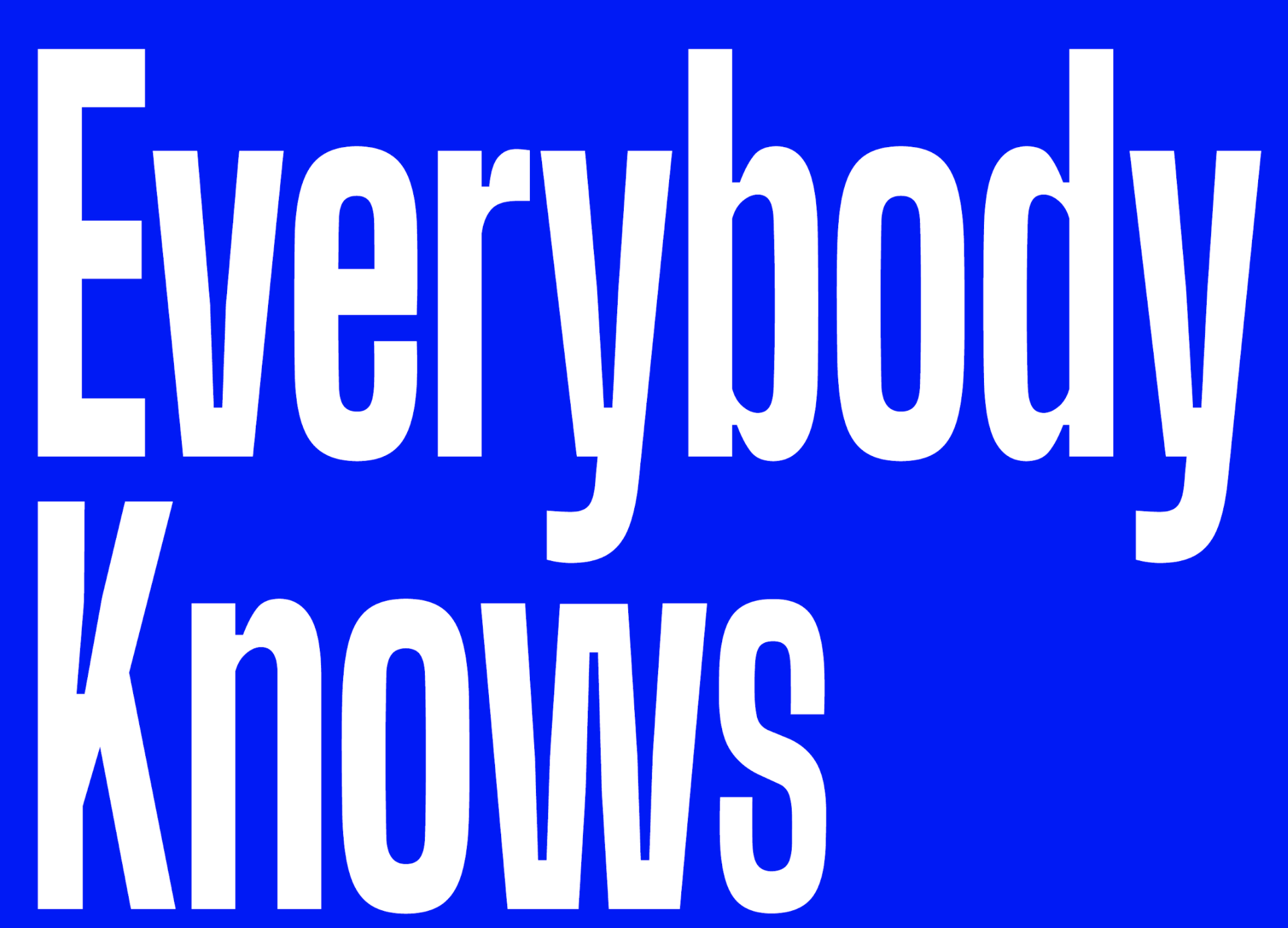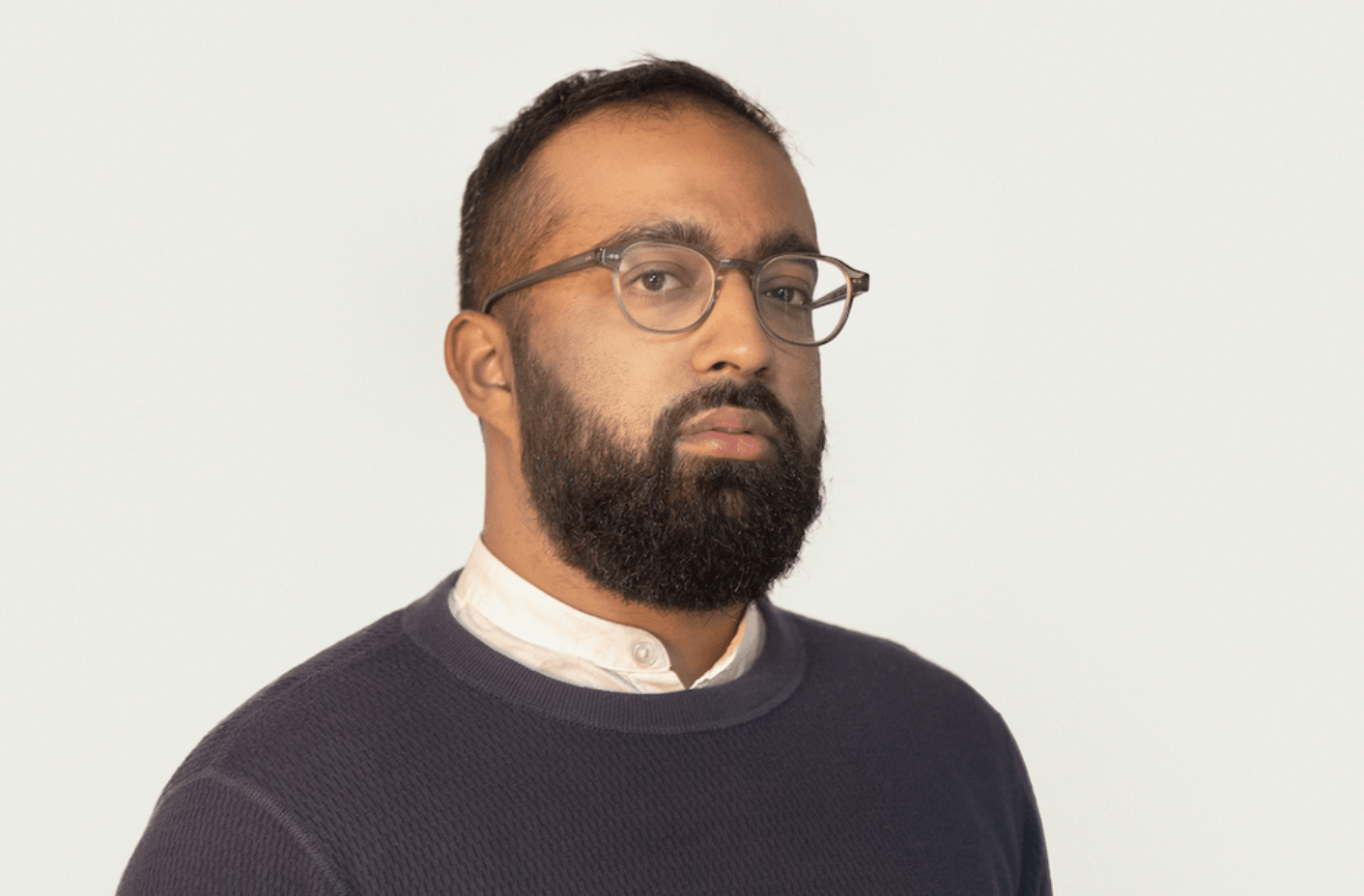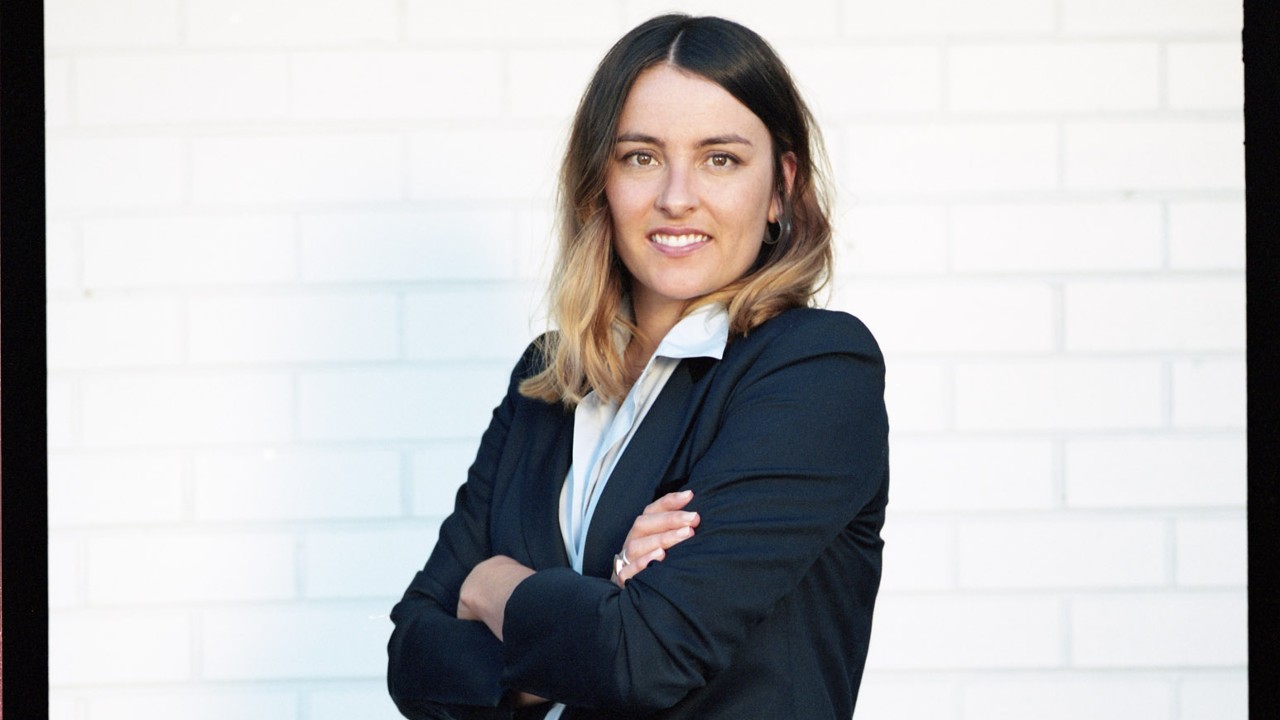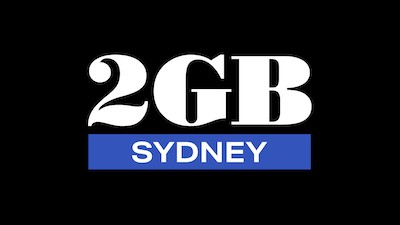Why audio was the perfect medium to explore & expose Australia’s music industry

A podcast is dropping this week that has the music industry – and the wider entertainment sector – talking. Despite the noise though, there’s still an insidious silence and a fear of speaking up about some of the entertainment sector’s darker elements. Here, Schwartz Media’s head of audio Osman Faruqi, and the journalist behind Everybody Knows, Ruby Jones, talk to Vivienne Kelly why audio was the perfect platform to explore and give voice to these stories.
There are many ways to tell a story, but how do you tell the stories that can’t be told? The stories behind the story? The things that everybody knows but talks about in hushed tones, in group chats and – when public health policy allows it – in dark corners of bars and in women’s bathrooms?
Everybody Knows is a new podcast from Schwartz Media which will delve into the toxic culture, misconduct and exploitation of Australia’s music industry. It also promises to explain why so many stories have gone untold, as well as the real, and perhaps perceived, barriers which are in the way.
The first episode, helmed by Ruby Jones, drops this week and Schwartz Media’s newly promoted head of audio, Osman Faruqi, tells Radio Today that audio was the perfect format to explore the stories that can be told, and those that can’t.
“I think what audio lets us do really effectively is you kind of follow Ruby on this journey and so you hear what she hears, you hear her reflect on these challenges, you hear her do what journalists do behind the scenes that is so rarely exposed to the public,” he says.
“I think the public is aware in general terms that defamation is something that stops Australian media reporting certain things. They know that there’s legal threats that happen. But why would they know the detail of that? That’s not their job to do. And I think a lot of us keep that behind the scenes because it seems messy and complicated and we don’t want to get sued, obviously.”
Everybody Knows will, where it can, start making some noise in the silence as Jones tracks her journey of discovery, gives a platform to those who are ready to speak, and encounters her own roadblocks and hurdles.
“I think being able to follow Ruby on this journey and see her reflections and hear those conversations actually is really good, because it allows the public, who I think sometimes wonder whether journalists are acting in the public good, to understand first hand the challenges here and understand why we can’t do certain things, and why we know certain things that we can’t tell them,” Faruqi continues.
Faruqi believes audio gives Everybody Knows an edge it may not have had in print
“I think that’s a really nice kind of lifting the veil moment that ultimately helps everyone involved – the survivors who we talk to, the journalists and producers in the story, and ultimately the audiences who we’re trying to serve – all equally understand the complexities around this kind of reporting.”
Audio also enables listeners to perhaps better appreciate the emotion involved, the frustrations encountered and the nuances of the situation. But the team says they avoided leaning on this intimacy and connection with listeners in the form of salacious stories and “grabby” headlines, and instead used the medium to tell the stories properly – do them justice, but carefully, considerately and consciously.
“We have decided to err on the side of going this properly, because we do think that ultimately that’s what the sources and the story deserve. And I also think that when you explain to your audience, you don’t patronise them and you don’t hide things from them, that they back you,” Faruqi says.
“And I think that audio is such a good environment to do that in, because you can hear the tone, you can hear the emotion, you can hear the conversations in a way you can’t in print, for example. And my hope is that people understand why we’ve done it this way, and ultimately it pays off in terms of engagement and listeners.”
Jones, meanwhile, notes that audio and podcasting enables you to tell the story behind the story, and explain the intricacies of what’s unfolding.
The podcast is the brainchild of Jones
“We really tried to build that into the series. The idea was always there’s an investigative element of it, which is looking at certain situations and that kind of thing, but I really wanted to as part of the podcast, illuminate these barriers and show what happens when you try and tell these stories and make it clear the types of things that stop women from talking, whether that is fear for their careers, or whether it’s legal action. We’ve got a whole episode that’s looking specifically at that, at defamation law in Australia and the barriers that that presents to reporting,” she tells Radio Today.
“So, in one sense, it’s a podcast that focuses on behaviours in the music industry, but in a much bigger sense, it’s about the barriers to this kind of reporting, and the reasons why so little has changed since Me Too in 2017,” she says.
“I’ve listened to podcasts before and some where you enter kind of a scene or someone tells you a story in a certain way that really makes you re-evaluate a thing that you thought you knew. And that’s what I’m trying to do. I’m trying to tell these stories in a way that gives people a deeper understanding or a different context or a different way of thinking about Me Too and these kinds of stories in general.”
To get in contact with the Everybody Knows team confidentially, you can contact [email protected].




